Truthdigger of the Week: Patrick J. Fitzgerald
Truthdig tips its hat this week to Patrick J. Fitzgerald, whose talent for tackling high-stakes court cases without flinching or yielding to partisan pressures made him the ideal prosecutor for the I. Lewis "Scooter" Libby trial.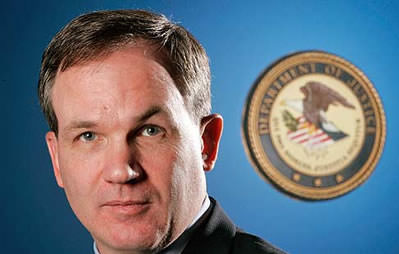
Truthdig tips its hat this week to Patrick J. Fitzgerald, whose talent for tackling high-stakes court cases without flinching or yielding to partisan pressures made him the ideal prosecutor for the I. Lewis “Scooter” Libby trial. Fitzgerald’s work in clinching Tuesday’s guilty verdict boosted his already stellar reputation, well established in his current hometown of Chicago as well as in international legal circles, into the realm of the legendary. More important, though, the Libby verdict sent a strong message to the media about the catastrophic costs of getting too cozy with the government they are supposed to scrutinize and may have marked the end of an era of media manipulation at the hands of a secretive and self-serving administration.
Fitzgerald’s creative and aggressive tactics in this convoluted case didn’t win him many friends at The New York Times or within President Bush’s camp. In his determination to identify the “two senior administration officials” who revealed the identity of undercover CIA agent Valerie Plame to columnist Robert Novak in 2003, Fitzgerald challenged a sacred covenant of journalism by asking reporters to reveal their sources. In following the crumb trail of evidence to Scooter Libby, Vice President Dick Cheney’s former chief of staff, he threatened the inner sanctum of the Bush regime, although Libby’s turn as fall guy in this case kept the heat off Cheney, Karl Rove and Richard Armitage — all of whom Plame names in a civil suit she has filed.
The player who kicked off the chain of events that ended with Libby’s conviction should feel that his First Amendment rights were preserved by the outcome. Former Ambassador Joseph C. Wilson IV, Plame’s husband, who believes that his public questioning of the Bush administration’s reasons for invading Iraq led to his wife’s outing, refused to be intimidated by either the culture of media silence about the Iraq war in 2003 or the not-so-subtle hint to keep quiet represented by the Plame disclosure. Having Fitzgerald on this case ensured that abuses of power didn’t go unchecked and that those who perform the vital democratic function of keeping a critical eye on the government (even when some members of the media falter) will be protected, not punished, for speaking out.
More links:
Click here for a detailed profile about Fitzgerald, from his New York working-class roots to his big wins in international terrorism cases to his current position as a real “untouchable” in Chicago’s U.S. attorney’s office.
Click here for details about Tuesday’s Libby verdict.
Or, look here for former federal prosecutor Elizabeth de la Vega’s 2005 article in The Nation, in which the author takes the media to task for its complicity and the Bush administration for its “deliberate distortion of intelligence” before the Iraq invasion.
Your support matters…Independent journalism is under threat and overshadowed by heavily funded mainstream media.
You can help level the playing field. Become a member.
Your tax-deductible contribution keeps us digging beneath the headlines to give you thought-provoking, investigative reporting and analysis that unearths what's really happening- without compromise.
Give today to support our courageous, independent journalists.
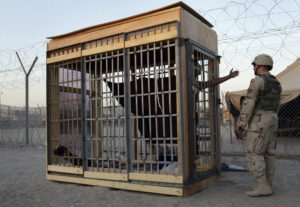
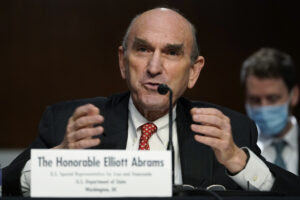
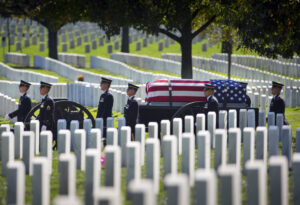

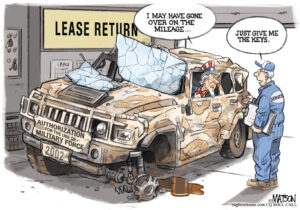

You need to be a supporter to comment.
There are currently no responses to this article.
Be the first to respond.